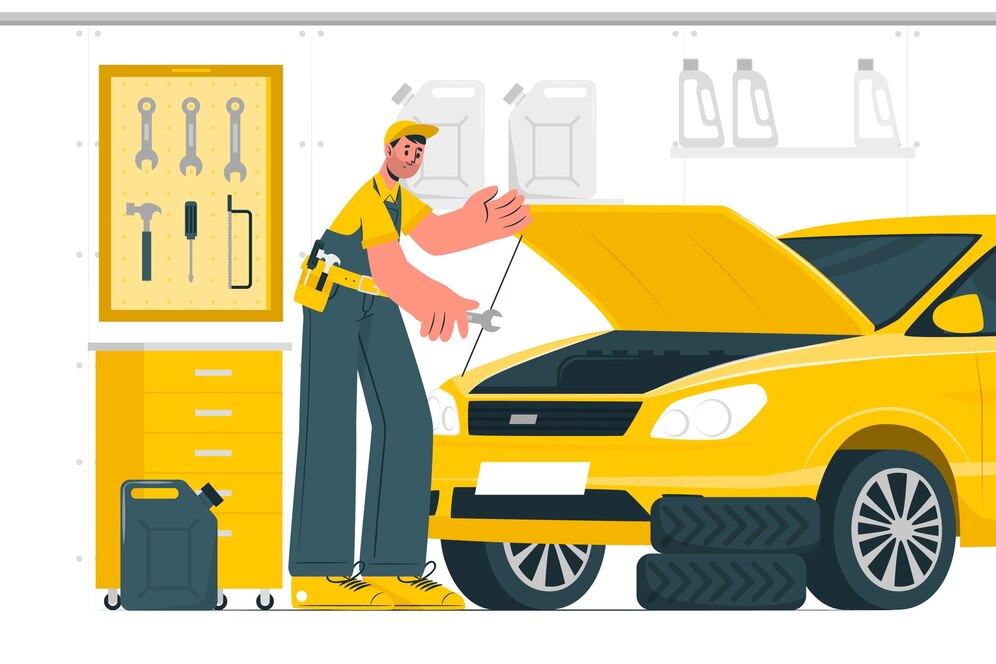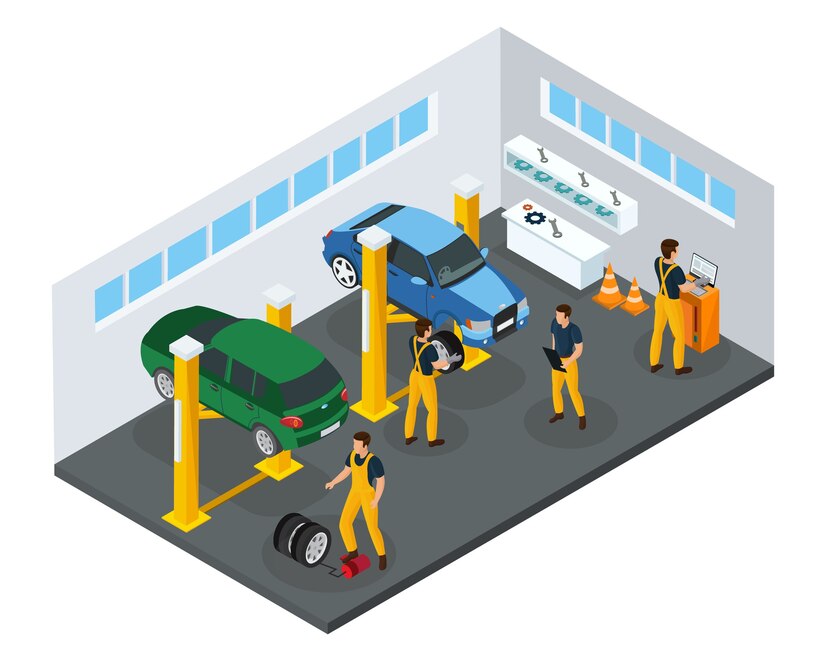Key Takeaways:
- It is a good idea to replace the motor of your machinery or vehicle from time to time to make it as efficient and environment friendly as possible.
- Motors needs to be replaced because the old ones become prone to damage and wear and tear after a while and replacing them is the safest option.

Whether it’s in a car, boat, or other equipment, your motor is the brains behind it all. Motors are subject to wear and tear, malfunctions, and obsolescence over time. If this occurs, you might need to think about getting new motors. This post will go over the various reasons why you might need to replace your motor, the kinds of motors that are out there, and the advantages of getting a new one.
What are the reasons of Motor Replacements?
Wear and Tear: Motors are subject to wear and tear much like any other machine component. Motors may exhibit symptoms of wear and tear as they get older, such as higher noise levels or decreased efficiency. Worn-out motors can occasionally completely fail.
Damage: Accidents do happen, and crashes, overheating, and other mishaps can cause motor damage. The need for a replacement motor may arise based on the severity of the damage.
Outdated Technology: Older motors may become outdated as technology develops. Changing to a newer, more sophisticated motor has several advantages, including increased efficiency and lower maintenance costs.
What are the different types of motors?
Electric Motors: The most prevalent kind of motor utilised in modern machinery are electric motors. They are used in anything from electric automobiles to industrial machinery, and they generate rotational energy by using electricity.
Gasoline Motors: Often referred to as internal combustion engines, gasoline motors are a common feature of cars, boats, and other vehicles. They generate combustion by burning petrol, which results in rotational energy.
Diesel Motors: Diesel engines function similarly to gasoline engines, but they run on diesel fuel. They are frequently seen on buses, lorries, and other large automobiles.
What are the advantages of purchasing a new motor?
Enhanced Efficiency: Modern motors tend to be more energy-efficient than older ones. This can save you money on fuel expenses and lessen your carbon impact because they can generate more power with less energy.
Lower Maintenance Costs: Compared to contemporary motors, older motors may need more upkeep and repairs. Investing in a new motor can lower maintenance expenses and increase device longevity.
Better Performance: Compared to previous motors, newer motors frequently have better performance. Better acceleration, more seamless operation, and overall, more dependable performance can result from this.
Greater Compatibility: Changing to a newer motor might make it more compatible with contemporary devices like sensors and electronic controls.
What does this mean for you?
There are several reasons why a motor may need to be replaced, such as damage, ageing technology, or wear and tear. It’s critical to select the appropriate motor type for your requirements and evaluate the advantages of upgrading to a newer motor when thinking about replacing an old one. To get the most out of your equipment, upgrading to a new motor can increase efficiency, lower maintenance costs, and offer other advantages. You can make sure that your equipment operates smoothly and dependably for many years to come by taking good care of your machinery and making quality motor purchases.
